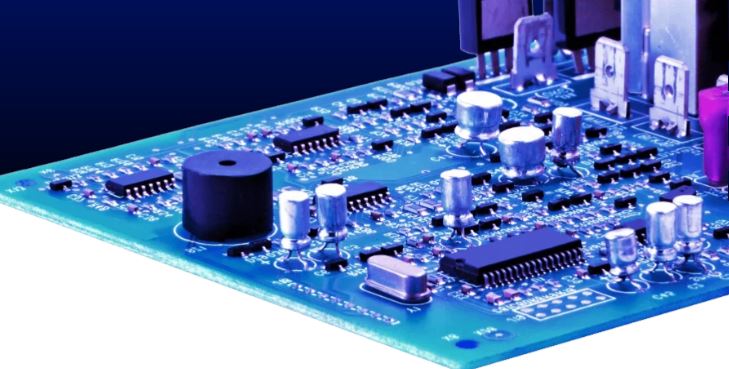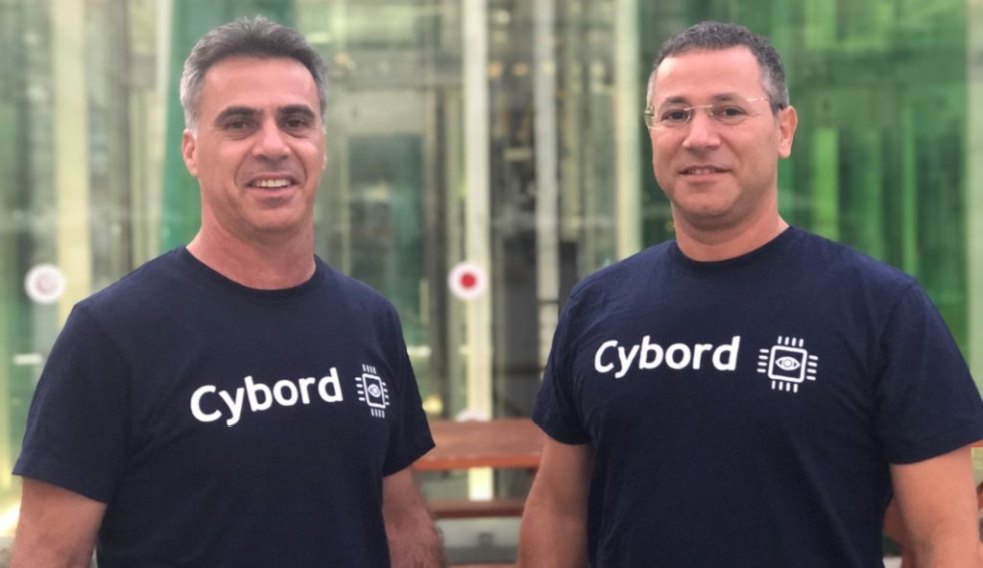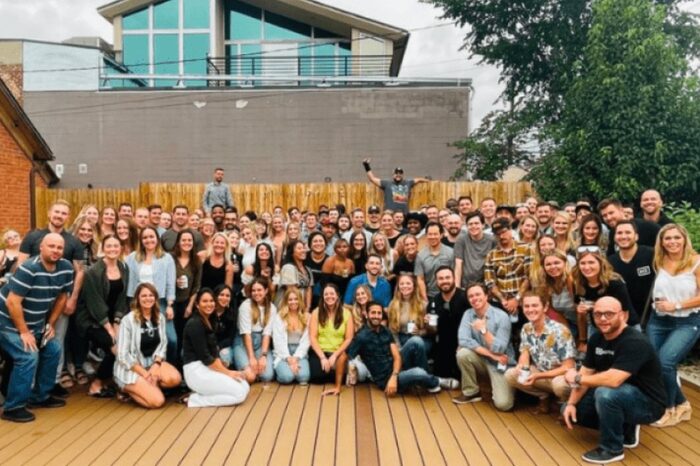AI startup Cybord raises $8.7 million to keep counterfeit components out of your gadgets

Electronic devices are built from various components like capacitors, microprocessors, and resistors. A single counterfeit part can cause critical failures. While a failure in consumer gadgets like smartphones might not cause widespread concerns, the stakes are much higher for critical electronics used in devices like MRI machines, missiles, satellites, and aircraft, where even a tiny error can lead to catastrophic consequences.
Counterfeit components cost the industry around $580 billion annually and are often assembled without adequate testing, contributing to a $30 billion fraudulent market. Sadly, the current detection methods aren’t comprehensive enough to catch all counterfeits, which may pass initial tests but fail under real-world conditions.
Enter Cybord, an Israeli AI startup tackling this problem with computer vision algorithms to identify counterfeit parts before they are assembled, aiming to reduce defects, recalls, and financial losses that have been rising significantly. Cybord specializes in AI-driven visual solutions for the electronic component supply chain.
Today, Cybord announced it has raised $8.7 million in Series A funding led by Capri Ventures, with participation from Ocean Azul Partners, IL Ventures, NextLeap Ventures, and several new and existing investors.
The company plans to use the new funding to accelerate growth and expand its global footprint. Cybord has already established partnerships with major manufacturers such as Flex and Siemens and is integrated into over 60 manufacturing lines worldwide.
Founded in 2018 by CTO Eyal Weiss and led by CEO Oshri Cohen, Cybord offers visual AI analytics for electronic components in the manufacturing sector. Its technology enables complete inspection of all components placed on printed circuit board assemblies (PCBA), using proprietary AI and big data tools to ensure quality, authenticity, and traceability for OEMs and EMSs around the globe.
“We’re thrilled to have the support of investors who recognize the critical importance of what we’re building,” said Oshri Cohen, CEO of Cybord. “With so many industries relying on electronic components, ensuring their quality has never been more essential.”
Using deep learning and AI algorithms, Cybord inspects every electronic component on PCBA, ensuring that products, from electric vehicles to data centers, meet strict quality standards. It addresses a crucial challenge in the industry: maintaining the integrity of electronic components to prevent product failures, protect consumer trust, and safeguard manufacturers’ revenues.

The quality and security of electronic components have often been overlooked, leading to rising defects and costly recalls, which hit a seven-year high in 2023. This has caused significant delays, increased costs from reworking or scrapping products, and substantial financial losses due to warranty claims and recalls.
With a growing database of over four billion components, Cybord’s machine-learning model stands at the forefront of AI in electronics manufacturing. Its real-time visual AI solution identifies and prevents defective, damaged, or counterfeit components from being used on PCBA with 99.9% accuracy. This ensures quality and traceability at every step, resulting in more reliable products, improved manufacturing efficiency, lower costs, and fewer recalls.
“Our technology has been consistently validated by our global partners, and this funding will allow us to scale more rapidly, bringing our AI-powered solution to a broader range of companies,” Cohen added. “We’re committed to ensuring only the highest-quality electronic products reach the market.”
“Backing Cybord fits with our strategy to support companies that are pushing the boundaries of innovation,” said Adalio Sanchez, Partner at Capri Ventures. “Cybord offers a unique solution to guarantee electronic component quality, positioning them as a leader in a market that’s seeing fast growth. We’re excited to support them as they gain traction across industries like automotive, aerospace, healthcare, and beyond.”





